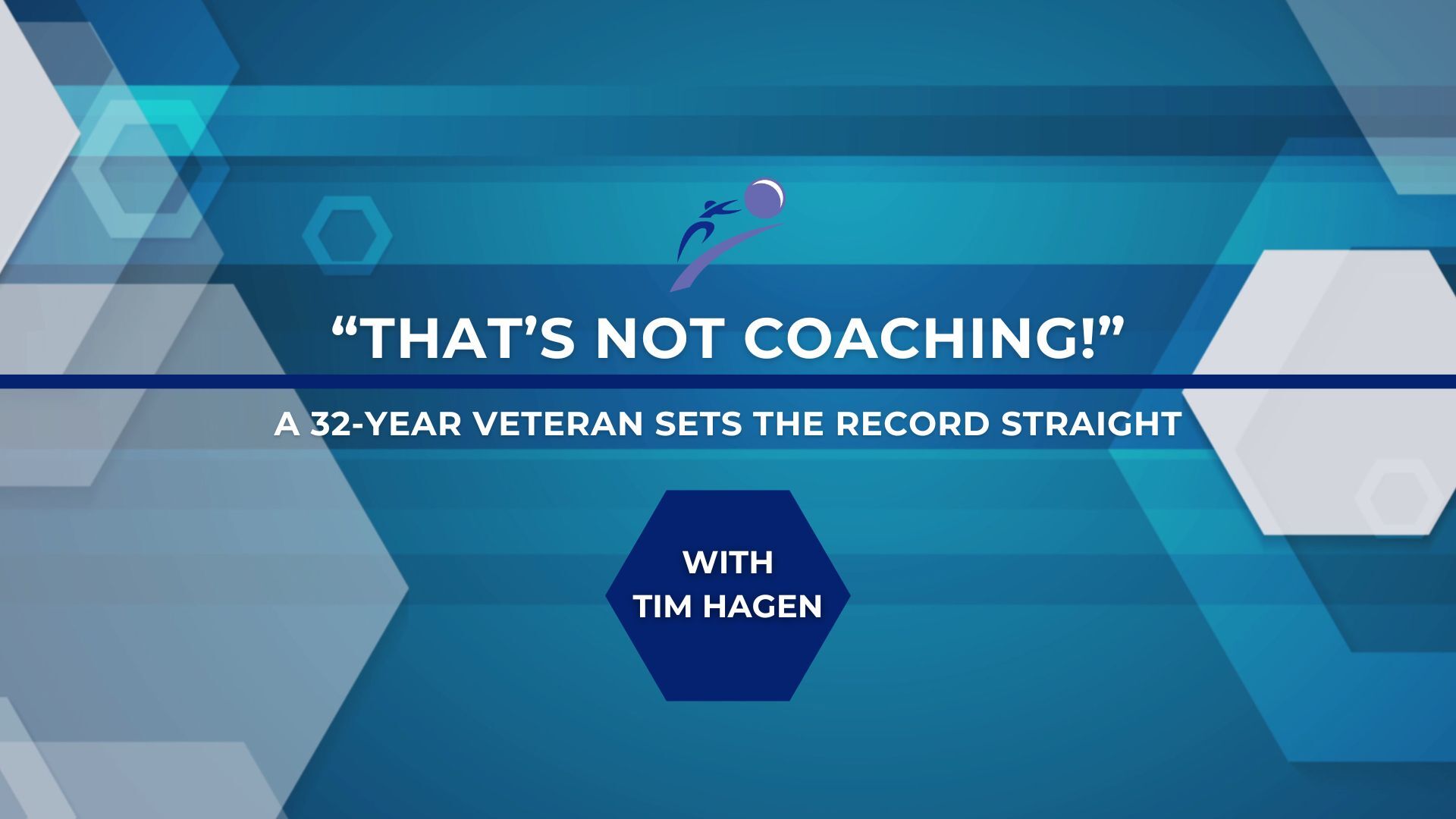
Coaching is corporate America’s number one weapon, but what exactly does that mean and why is it important to corporate America? In today’s business climate, times are tough and the pressure to perform is really heating up as many leaders wear many hats. I wrote this to hopefully inspire you and get you thinking about helping your organization to become a Coaching Organization. I live coaching every day and see first-hand its impact on organizations, people, and equally as important the Leaders! Coaching drives performance. Coaching drives engagement between the manager and employee. Coaching drives a culture of change. Coaching drives employee’s willingness to get better. Coaching drives so many aspects of an organization. Here is the best news for you. Most will find excuses to NOT coach; therefore, if you and your organization adopt coaching you will gain an immediate advantage in the marketplace!
Companies are searching for new ways to draw in business and stay competitive, but from firsthand knowledge, managers are overlooking the best way to stay competitive: coaching. It’s simple. Managers have to coach their employees, or performance and results will continue to falter. End of discussion!
I believe in that statement because, as any internal or external training professional can tell you, managers can make or break an employee’s development process. From the learning stages of an employee’s career to their performance in the field, a manager plays a significant role in their overall success.
There are five major reasons coaching works to help an employee’s performance and an organization’s bottom line:
Engagement- Throughout this training industry, research will show that we are not a very engaged work society. As one study will show, more than 70% of workers in corporate America feel disengaged from their boss; and from the engaged 30 percent, 85 percent of those employees are likely to stay with their current firm. Companies with low turnover rates really get it. Instead of only communicating with employees to reprimand, they encourage managers to recognize, reward and stay in touch with employees. Through continuous engagement, they develop loyal and long-standing workers. We have personally viewed firsthand the power of engagement and sadly lack of engagement. When managers are truly engaged employees are inspired and motivated to perform. But, when employees feel a lack of engagement from management they tend to complain and recruit other tribe members to really escalate the dialogue.
Performance- People will not get better simply because you tell them to do so. I have attended countless meetings that involve managers telling their employees:
“We need to work together.”
“We need to get our sales up.”
“We have to have positive attitudes.”
“We cannot let angry customers bother us.”
These messages may be appropriate at times, but the message alone will not produce better performances. In order for an employee to have a positive attitude or increase their sales, typical training needs to be thrown out the window and managers need to start coaching. Practice, reinforcement of product knowledge, and behavioral shifting are all areas of coaching that managers should focus on. The fact of the matter people’s skill levels do not arbitrarily improve because its demanded. Employees MUST practice and repeat practice for any type of skill to improve; nevertheless, not many companies take a proactive approach to scheduling actual practice sessions. Here is where organizations can truly gain an advantage over the completion.
Recruitment- There is no greater tool for advertising how great your product is than word of mouth. The same rule applies to your business. When companies are engaged and driving employee performance, it elevates staff awareness of what it could do for others. There is no greater tool to recruit than current employees. For example, if a prospective employee is about to interview with a company that is hiring what typically happens today? The prospective employee will call or find people they can call inside the company to ask what fundamental question: “What is it like to work for that manager”?
We rarely see this dialogue but it goes on every day when hiring and recruiting new employees. It’s a small world that continues to get smaller with the proliferation and accelerated growth of social media and networking sites.
Retaining Employees- This book will drive home the fact that employees who are engaged and progressing are more likely to stay at their current place of employment. Retaining and growing employees saves organizations money and headaches. The company can then focus on the job at hand rather than the constant replacement and training of new people.
The cost of a $60,000 employee to be hired, trained, and on-boarded can cost an organization well over $150,000 when its all said and done. Additionally, this employee is not guaranteed to work out well, integrate into the company culture, etc. Employees that are valued and coached will assist in retaining employees and will more than pay for the implementation of a coaching program.
Culture of Participation- Organizations that encourage participation have employees that care about more than just their individual success. They genuinely want to see others succeed as well as the company itself. Engaged employees will feel the freedom to share constructive ideas that can help a company’s bottom line.
I’ll share with you one quick story about the importance of engagement and coaching before we jump in. I sat in on manager/employee meetings to gauge just how much coaching was happening at one client site. An employee came into the manager’s office with questions about one of her customers. Instead of actively engaging with his employee, the manager quickly dismissed her and asked her to set up a meeting for later. Did I mention he said all of this without looking up from typing on his phone? I stepped out of his office to go see how the employee felt about what had just happened, and I walked up to her desk and found her complaining with four co-workers about their manager. After about 30 minutes of this, I saw how 20 seconds worth of poor engagement could lead to loss of productivity and motivation.
Situations like this one happen much too frequently in our organizations and culture. Employees want to be challenged, rewarded, recognized, and engaged; but most of all, they want to get better at their jobs. Poor management and lack of engagement are huge barriers to seeing better performance. If managers can learn how to combine training and coaching to give their employees a sense if progress then they will finally begin to see results.
FREE Coaching Book:http://www.salesprogress.com/secondbook





